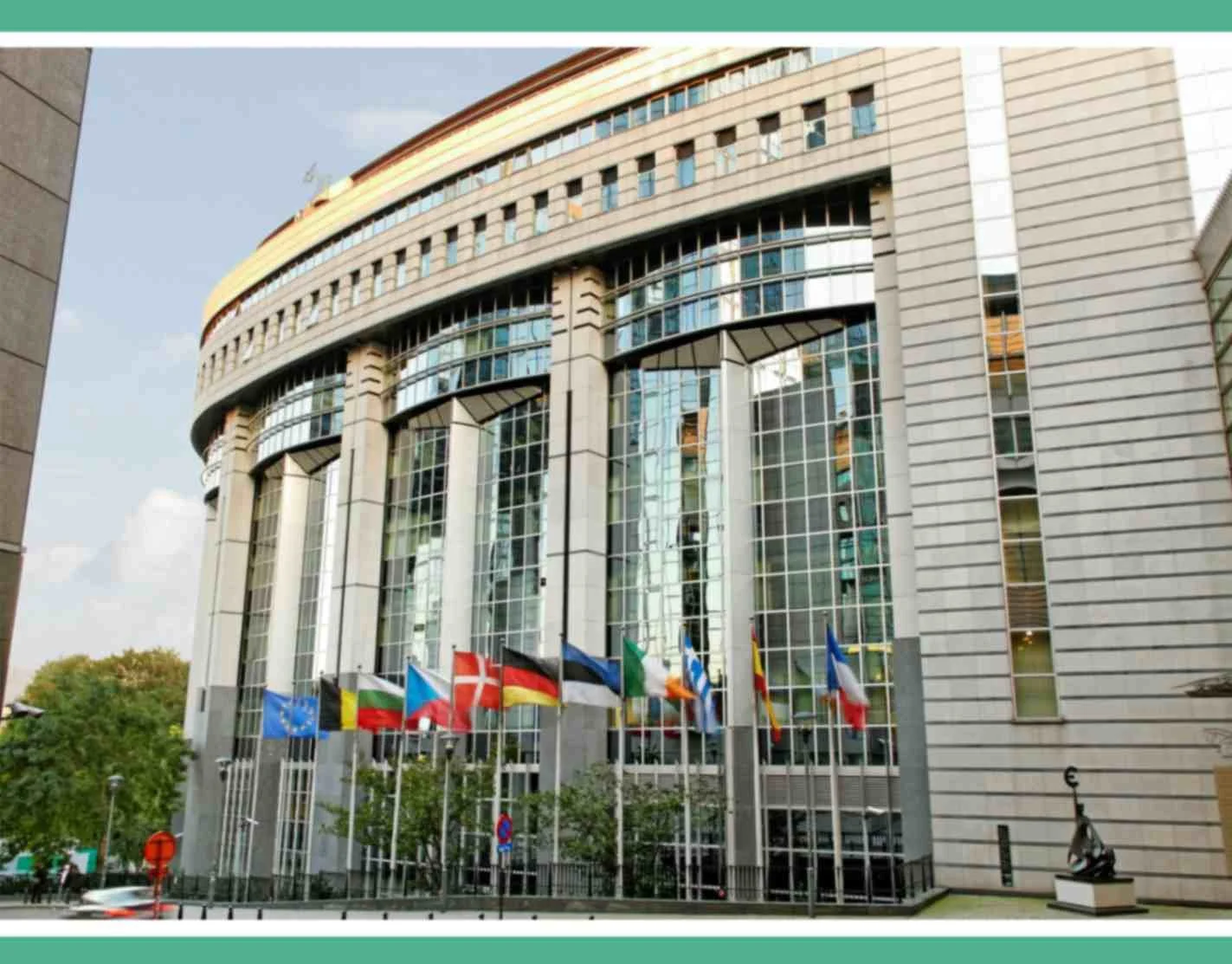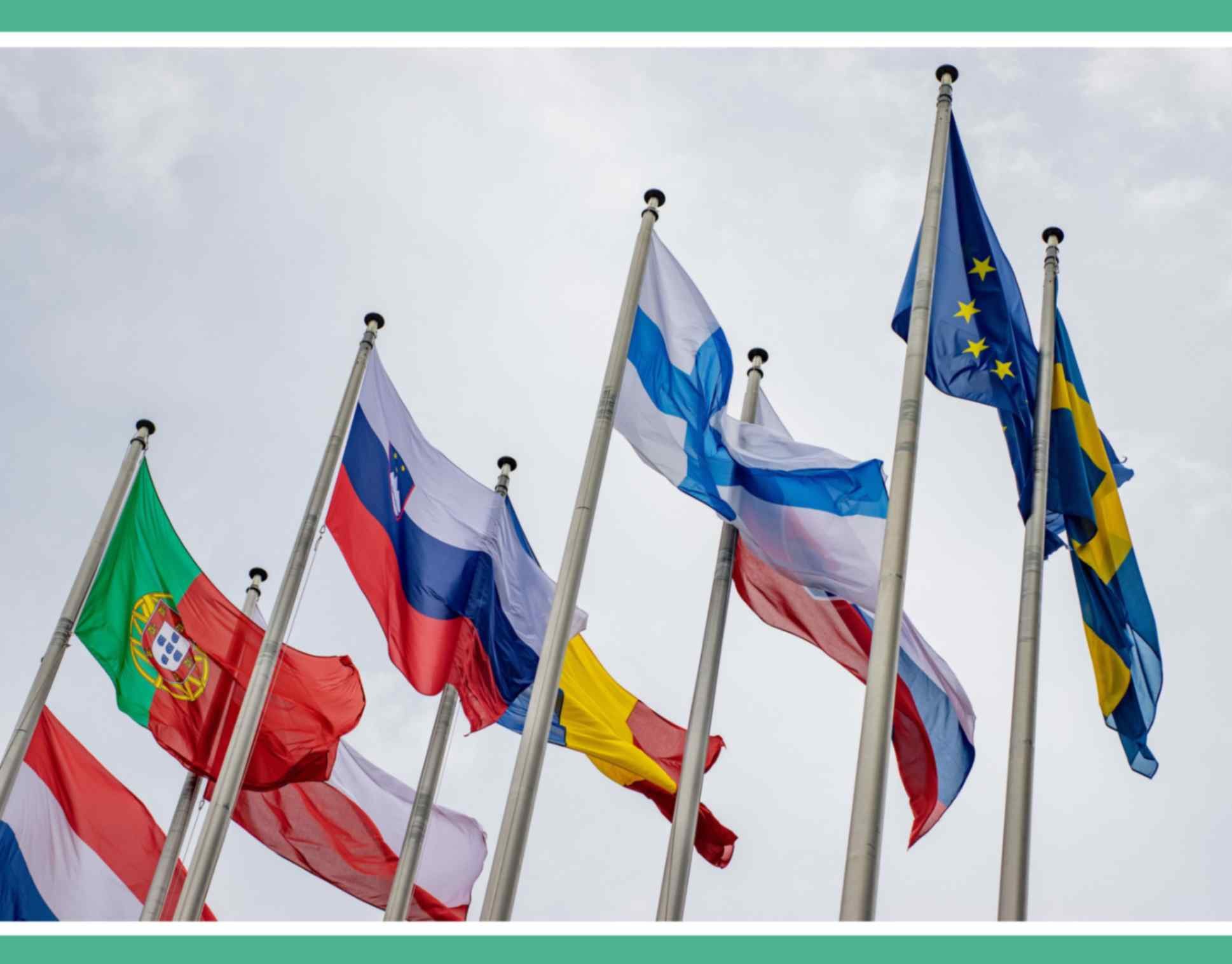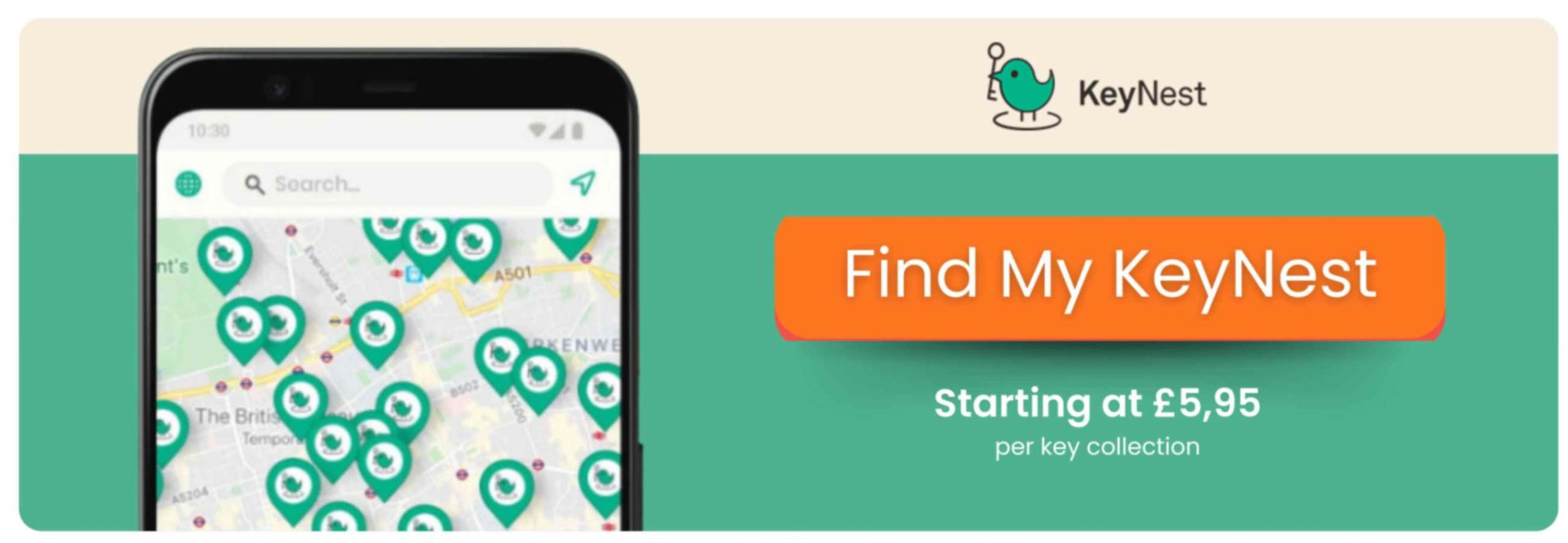Over 1500 key exchange locations nationwide
European VAT Regulation: To Increase STR Prices 20% From 2025
2022 has been the year that saw the long-postponed regulations in the short-term rental sector in Europe slowly put into place. The European Commission is set to regulate the short-term rental market, which is currently dependent on local directives. Many countries don’t tax small businesses in this field at all until a certain revenue threshold is achieved, and many hosts are simply unaware of their obligations.
In November, the new European Commission regulation was introduced to streamline rental platforms' data-sharing practices across the EU's single market - the regulations affect the main platforms like Booking.com, Airbnb, and Expedia.
This December, European Commission has issued an important proposal for hosts. The planned proposal clarifies definitively that short-term rental accommodations are not exempt from VAT (value-added tax) in all the member countries of the EU. The proposal will be discussed and adopted, and if it follows the planned legislation process, it may come to force in January 2025.
Currently, the VAT legislation on short-term rentals varies per country - for example, Italy has already imposed it on Airbnb bookings, while most countries did not. Generally, currently in Europe, small businesses and hosts are exempt from VAT duties, under different revenue thresholds.
Why Is This Proposal Considered?
The European Commission states the growth of short-term rental platforms and their booming popularity. In the absence of clear VAT guidelines, short-term rental bookings online have been treated unfairly in comparison with more traditional industries such as hotels.
Several measures have been proposed by the European Commission in an attempt to modernise and enhance the EU's Value-Added Tax (VAT) system, making it more fraud-resistant and better for businesses. The same regulatory approach is also applied to platforms in ride-sharing industries, like Uber. As a result of this proposed change, the Commission estimated an additional €6.6bn in tax revenue a year.
What Does It Really Mean For Host In EU Countries?
Practically, you won’t have to change anything in your listings on portals like Airbnb, Booking or VRBO. The VAT will be automatically added on top of your price and charged to guests by the platform. As a result, platforms will be responsible for collecting and remitting VAT to tax authorities for hosts that do not handle these activities themselves, because they are small businesses or individuals.
If you have your own direct booking channel, you will have to start charging VAT there.
Most likely, the VAT rate on night stays will depend on where the property is located - but until the proposal is discussed further, this is just an assumption. However, the added service fees and commissions collected by the booking platforms will be taxed based on the country from which the guest is booking (this payment is already charged and taxed on every booking via Airbnb, Booking.com etc - as of 2022).
We will find out more about this proposed regulations very soon, and this article will be updated.
About Us
KeyNest offers you a convenient service for storing and exchanging your property keys. You can drop off a key at any of the 7,000+ locations in our network, so there’s one such Point located next to your property.
Guests, cleaners or contractors can then collect the key securely from a KeyNest Point or KeyNest Locker which is usually open 24/7. You'll be notified each time the key is picked up or returned, and you can even customize check-in and check-out times. By leveraging technology and a global network of locations, KeyNest continues to redefine property management, offering solutions tailored to meet the evolving needs of the rental market..
KeyNest has an ever-expanding global network of locations located just minutes from your property. To find out more you can contact us.
Neil Beltran 4 March 2025



